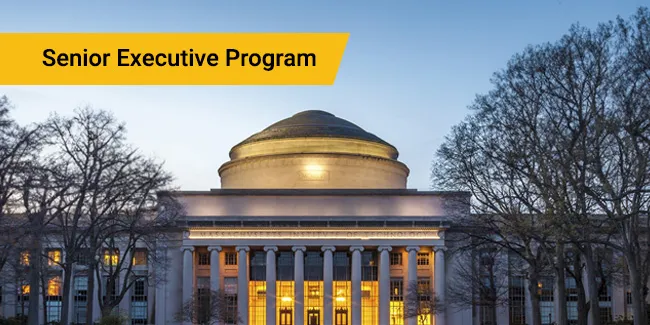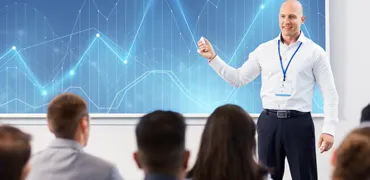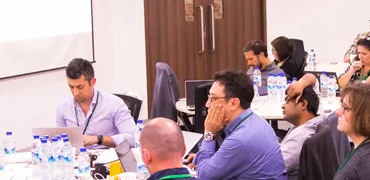Course Preview | Leading Organizations and Change from MIT Sloan Executive Education
5:10 min
416
Let me tell you a bit about the course. We will cover four major topics. We'll start appropriately so with leadership, your own leadership. So how do you define it? What do you think about it? How do others? We've been working on this topic for a number of years, and have built up a model that we will present, the MIT model of leadership. It's called the 4 Cap, which is shortened to 4 Capabilities. And through this course, we hope that you will broaden your view of leadership, and begin to think about your own way of leading. Nobody's way of leading is the same. We're all a bit different. We all have different strengths and weaknesses, and we'll try to take a very close look at that in which you will do an organizational diagnosis as well as an individual diagnosis about how leadership occurs as a process. The four Caps are sense-making, visioning, relating, and inventing.
Ready to Learn More? Apply to Enroll in: Leading Organizations and Change
And I will of course say much more about each of these capabilities in that portion of the course. The hope is that you will walk away from that portion of the course with more insight into your leadership strengths and weaknesses and maybe just a little bit more competent and able to lead change in your own organizations. We'll move from leadership into a segment that we've labeled Three Perspectives on Organizations. It's really a sense-making device as well as, I hope, a problem-solving device. It's a way of thinking about organizational problems from three different perspectives, a way to diagnose those problems. The three perspectives in a nutshell are strategic, political, and cultural. And I will argue that, while we will treat them as independent, they really come together. They're integrated. The hope of this segment of the course is that you walk away with a greater ability to diagnose what are the sources of organizational problems you face, both large and small, and some idea of what sort of solutions might work to solve those problems or at least diminish them.
And that's the second part of the course. The third part of the course is a deep dive into what we will call the red lens, the political perspective on organizations. And the hope here is that we can increase your political sensitivity, and your social sensitivity, to the interactional world or the people world around you. The name of this segment is Networks and Power, and power is simply the ability to get things done. And to understand the use of power, you have to understand your own position, your own networks, as well as the landscape that surrounds you. So that segment will look very closely through a variety of examples of different networks and how they operate. The hope is that you will come out of this segment with greater political sensitivity, and greater ability to operate in a world in which interests differ, in a world in which people see problems differently and solutions differently.
And you'll be able to operate more effectively in that particular world, your world. We bring this all together in the fourth segment, which is something of a capstone. We will do a wonderful organizational simulation where you're asked to bring a change to an organization that didn't ask for it, one of the hardest if not the hardest tasks of management and leadership change. Here we ask you to put the three perspectives together with networks and power and think about how your leadership is unfolding in this simulation as a way of getting the organization to move to a place that will be better for it but not a place that they selected on their own. So you will be a change agent and have to work with a variety of different tactics to bring this change about. That's the course and we also hope you'll have a good deal of fun. This is an interactive course. We ask that you will do a number of things individually as well as with groups and others. But at the end of the day, we hope you learn a great deal about leading and managing change.[End of Video Transcript]
Related Content:
- Online Leadership Courses - Browse online courses from top-rated Universities.








